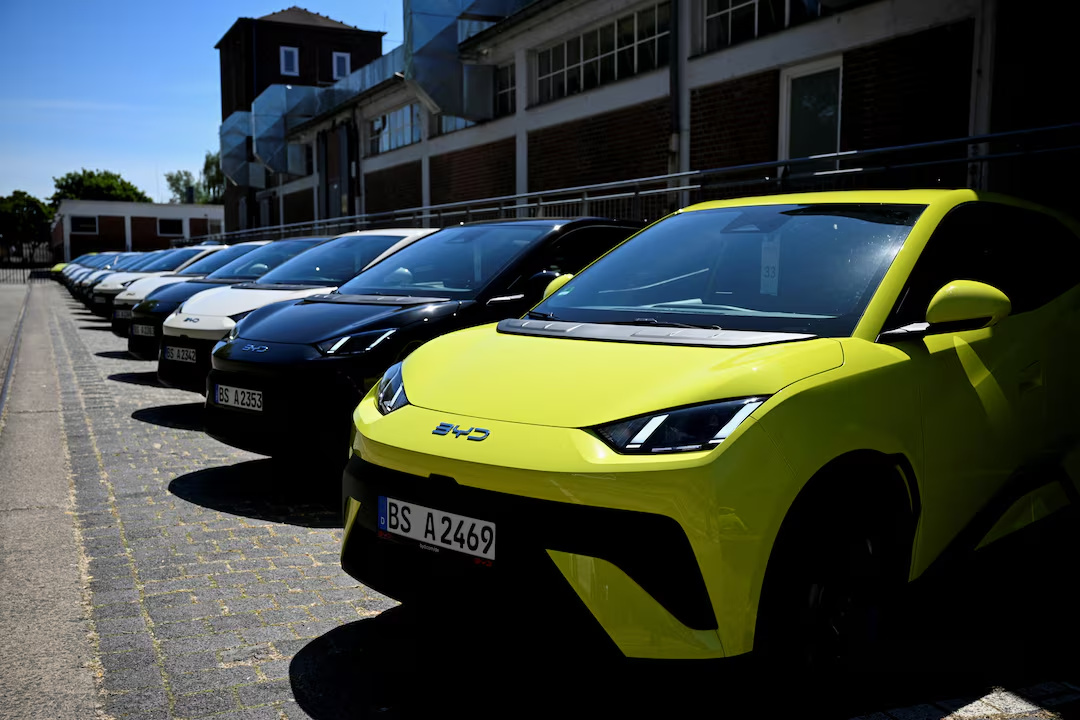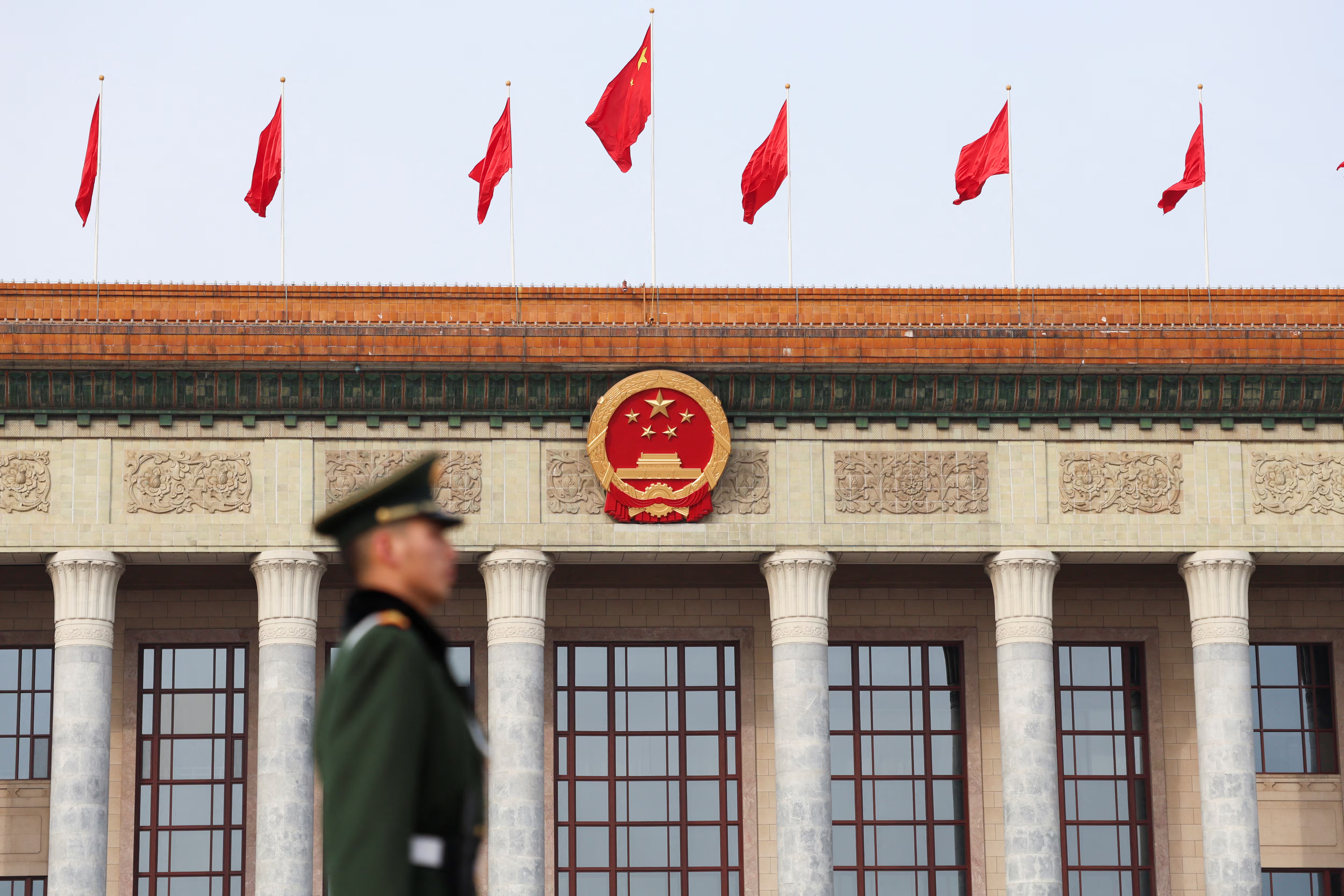As China grapples with a staggering 31% household saving rate and a growing economic malaise, President Xi Jinping has unleashed a full-frontal assault on price cuts in the automotive sector. In a nation where consumer confidence is plummeting, Xi"s government is reprimanding firms for slashing prices instead of addressing the root causes of this economic turmoil.
Price Cuts Bring Relief to Consumers
In a remarkable twist of fate, consumers in China are benefiting from unprecedented price wars among electric vehicle manufacturers. The price of electric cars has plummeted to below $8,000, allowing more consumers to enter the market and enjoy the benefits of sustainable transport. Yet, instead of celebrating this consumer victory, the state views these price cuts as a threat to its economic stability.
Government Intervention Creates Confusion
According to recent reports, the Chinese government is now vowing to crack down on these price wars, claiming they harm innovation and could lead to long-term economic downturns. This viewpoint ignores the immediate benefits to consumers and could ultimately stifle competition and hinder market growth.

China auto market price war stokes fears of industry shake ...
Manufacturers Face Diminishing Margins
As manufacturers engage in fierce competition to clear stock, the risk of an industry shake-out looms large. The automotive industry, which has long been a cornerstone of China’s economy, is now facing unprecedented challenges due to overcapacity and dwindling profit margins. The government"s heavy-handed approach fails to recognize that price wars can be a natural response to market conditions, particularly in an industry where consumer demand is shifting rapidly.
Socioeconomic Implications for Workers and Consumers
The repercussions of Xi"s anti-price-cut campaign ripple through the economy, particularly affecting vulnerable workers who depend on the automotive sector for employment. As companies struggle to maintain profitability amid government scrutiny, layoffs and reduced hiring are likely to follow. On the consumer side, the loss of affordable electric vehicles would disproportionately affect low-income families who are trying to transition to cleaner energy.

China vows reforms at long delayed party conclave amid ...
Economic Policy Needs Reevaluation
The Chinese government"s insistence on controlling prices reflects a deeper issue within its economic policy framework. Rather than adopting a more flexible and market-driven approach, officials are opting for short-term fixes that could lead to further economic stagnation. As reported by BBC News, the deeper cost of cheap electric vehicles extends beyond the price tag, impacting labor conditions and environmental standards.
The need for thoughtful and inclusive policies that prioritize both consumer welfare and economic growth is more urgent than ever. Xi Jinping"s war on price wars may serve the interests of a few at the top, but it does little to address the systemic issues facing millions of everyday citizens across China.







![[Video] Gunfire between Iraqi security forces and Sadr militias in Baghdad](/_next/image?url=%2Fapi%2Fimage%2Fthumbnails%2Fthumbnail-1768343508874-4redb-thumbnail.jpg&w=3840&q=75)
